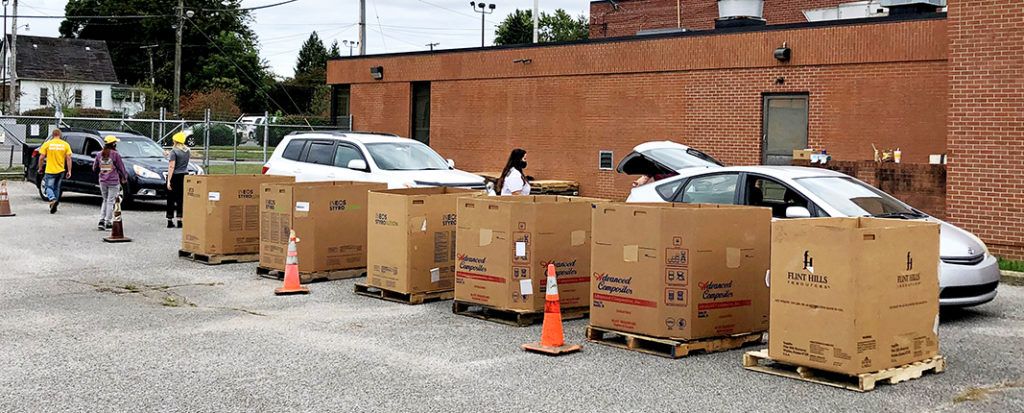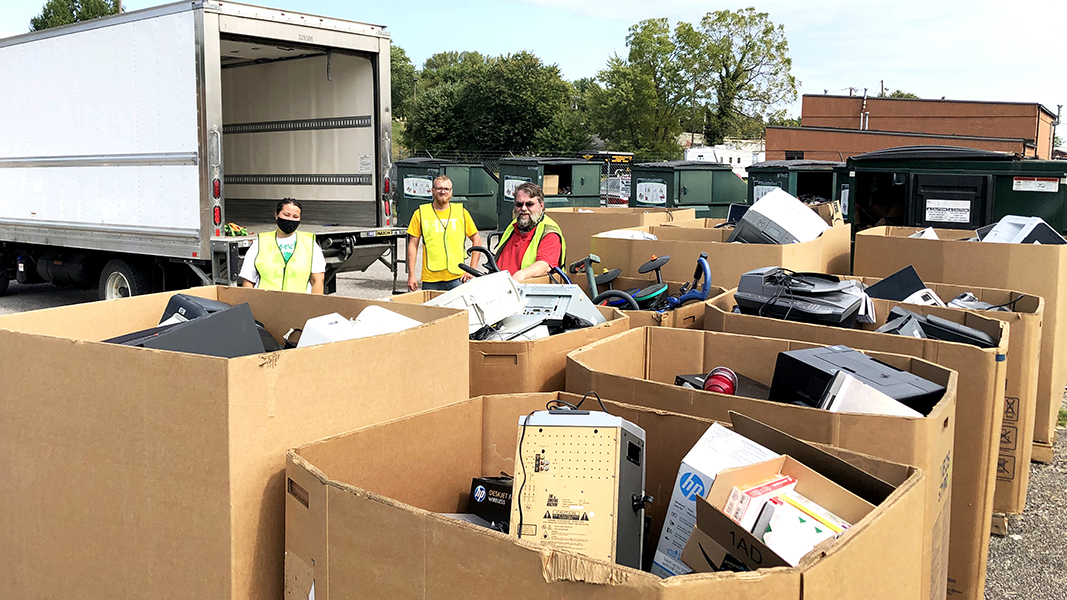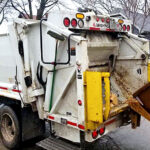“Rural Action, started in the early 1990s by the Appalachian Public Interest Campaign as a member-based agency to focus on regional revitalization, may be the first self-conscious Zero Waste organization that initiated reuse and recycling infrastructure planning for rural development,” notes Neil Seldman, the Institute for Local Self-Reliance’s (ILSR) Waste To Wealth program director. Rural Action is centered on the eight counties surrounding Athens (Hopkins County) in southern Ohio, including communities in Kentucky and West Virginia (WV). It is a founding member of the ReUse Corridor, and helped to form a wider network with the Coalfield Development Corporation, located in West Huntington (WV).
“The ReUse Corridor envisions a revitalization of the perennially economically distressed Appalachian Region through the re-skilling of its working population based on the potential resources that come with access to the waste stream,” explains Seldman in an article posted on the ILSR website. “The latter provides the inventory for local opportunities to add value, through new jobs, small businesses and an expanded tax base. The membership of the new network is comprised of county and state economic development agencies, private companies and nonprofit social enterprises. Each entity plays a specific role in a system that highlights neighbor helping neighbor.” The initial planning and implementation for the ReUse Corridor came from the Appalachian Regional Commission and the U.S. Department of Agriculture.

Events are staged to collect a wide range of materials, e.g., electronics and textiles, from households. Photos courtesy of the Institute for Local Self-Reliance
MSW Consultants was hired to conduct a comprehensive assessment of the solid waste and recycling landscape, looking at markets, government resources, sites for staging areas, outreach to new companies, how to react to new materials in the waste stream, and processing needed to accommodate an ongoing supply chain of materials to these companies. “The fundamentals of the network are collection, aggregation and education,” says Seldman. “All three aspects are served by ongoing ReUse Corridor events where materials and reusable items are dropped off. These are supplemented by piggybacking on events planned by other likeminded organizations such as fairs and school events. Each event can collect as much as 5 tons of materials. It takes two workers and seven volunteers per event. In 2020, the ReUse Corridor participants aggregated 43,000 tons of materials and products.”
Once aggregated, truck trailer loads are shipped to processing and/or end use manufacturers within the region. Mattresses, electronic scrap, source separated organics, textiles, wicker baskets, and corrugated cardboard create a supply chain for industry. Each member enterprise also acts as a drop-off site for materials needed by other ReUse Corridor member facilities. Thus each enterprise creates a demand for materials it needs, and acts to aggregate the supply of targeted materials for other members.
Schools serve as recruitment grounds for youth trainees as future workers. Ed Newman, Zero Waste Director for Rural Action and an active member of the ReUse Corridor, told Seldman: “We look for places where materials can go and where young people can find good jobs and start careers.”










